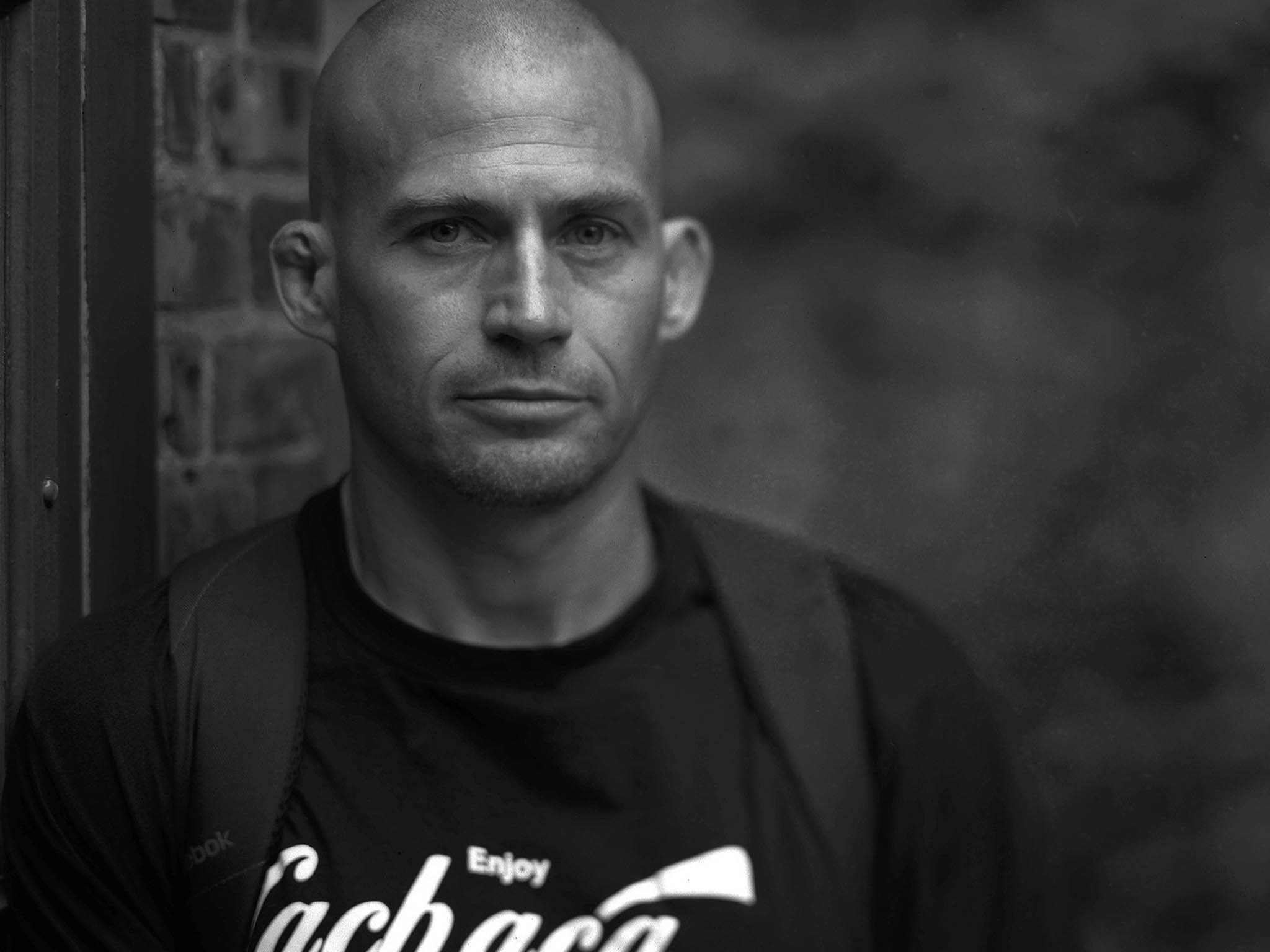Atticus Lish, Preperation for the Next Life: 'Star-crossed lovers search for goodness in a violent world', book reivew
'The 2015 novel I can’t believe I missed'

The 2015 novel I can’t believe I missed. Preparation for the Next Life is set in New York during the first decade of the 21st century, largely in the poorest areas of Queens where the repercussions from 11 September 2001 are felt in rising tensions between diverse ethnic and cultural factions.
The novel’s grand narratives – war, home, prison, wounds at once physical, emotional and mental – are embodied by Atticus Lish’s two protagonists. Zou Lei is an illegal immigrant from an area of north-west China so remote as to be practically non-existent. Born to a Han Chinese soldier and a Muslim Uighur mother, Zou has many identities and none.
Dragged along by circumstance that is remorseless enough to feel like fate, she is Chinese when working long hours in restaurants and Muslim to gain food from the local imam.
Her unlikely soulmate is Brad Skinner, discharged without much honour from the US army after three year-long tours of Iraq. He arrives in New York desperate to lose himself in a hedonistic rush of booze, drugs and strippers, only to be derailed by his relationship with Zou which begins as a shared love of exercise.
Lish is singularly alive to the ways that bodies are marked by experience. There are the callouses and burns from Zou’s constant punishing manual labour.
True to his name, Skinner possesses similar fleshly inscriptions, most obviously the US flag tattooed on to his shoulder “to look like he was wearing his uniform even when he took it off”. Such idealism has long since faded on the “grayish white” pallor of his torso. This is enlivened now by the skull and death wings tattooed on his back and the bright pink battle scar, “like a plastic melted toy”, wrapped around his ribs.
Lish writes unnervingly well about violence. The nightmares that haunt Skinner’s sleep are conveyed with woozy intensity: “The sand became a sucking, sloshing pit that soaked them both and overflowed with blood.” This almost Dantesque detail is from Skinner’s central trauma: the failure to rescue a dying comrade (Sconyers) from the wreckage of a mortar attack.
The later rape of a Chinese girl by Skinner’s nemesis, a brutalised ex-convict called Jimmy, gives American Psycho a run for its money.
This unflinching physicality does not disguise how intently Lish gazes at symbolic horizons. Skinner’s obsession with bodybuilding addresses the one unanswerable question surrounding Sconyers’ death: “I don’t know why I failed to lift him”.
This guilt, in turn, participates in broader metaphorical patterns of weight and lightness, gravity and flight, the corporeal and numinous, inner and outer worlds, the real and ideal. The novel is filled with cells of various kinds. While Zou and Skinner are both incarcerated in actual prisons, nothing is worse than their near-metaphysical incarceration in their minds, bodies and pasts.
No matter how close Zou and Skinner become physically, their intimacy is always at the mercy of her precarious external situation and his ever-degenerating inner life: “the mind did not have a safety valve and there was no way to shut it off”.
Although the novel is frequently sad to the point of despair, its power derives too from Zou and Skinner’s desperation to find goodness, hope and a future together. Their first stilted, tender meetings are all the more poignant for taking place in the grimmest McDonald’s imaginable.
“When I was younger, I always wanted to be in love with somebody someday,” Skinner ponders.
“The thought that that was over, that I couldn’t feel that any more, this really hit me hard. It took my hope away.” The tragedy expressed by these nicely confused tenses is the uncertainty of whether Zou offers genuine salvation or Skinner is realising that, like Sconyers, he is beyond rescue.
Preparation for the Next Life is extraordinary, challenging and in its final quarter thrilling in ways Michael Connelly would envy. It is not perfect. Lish’s prose occasionally topples under its own weightiness. “Images of the war flew from his head and pasted themselves like text messages in the depthless black void of the tunnel” is a line that even Oliver Stone might reject as too portentous.
But other passages live long in the memory. Flipping backwards through Skinner’s army photographs, Zou fails to recognise the happy soldier who was first deployed. Her own powerlessness is given terrifying form by her three-month prison sentence which fuses Kafka with Hubert Selby Jnr. “[The guard] was authorised to … strap you in The Chair, put the spit bag on your head and leave you for up to 12 hours while you begged for water. And he could count to 12 anyway he wanted.”
Mostly, however, you remember Zou and Skinner, star-crossed lovers who cling to each other because there is no one else. “We had a good day today,” Zou tells him. “You are so good today.” “Today was the way it should be,” he replies. So simple, so heart-breaking, so very, very good.
Preperation for the Next Life, by Atticus Lish. Published by Oneworld £14.99
Subscribe to Independent Premium to bookmark this article
Want to bookmark your favourite articles and stories to read or reference later? Start your Independent Premium subscription today.

Join our commenting forum
Join thought-provoking conversations, follow other Independent readers and see their replies